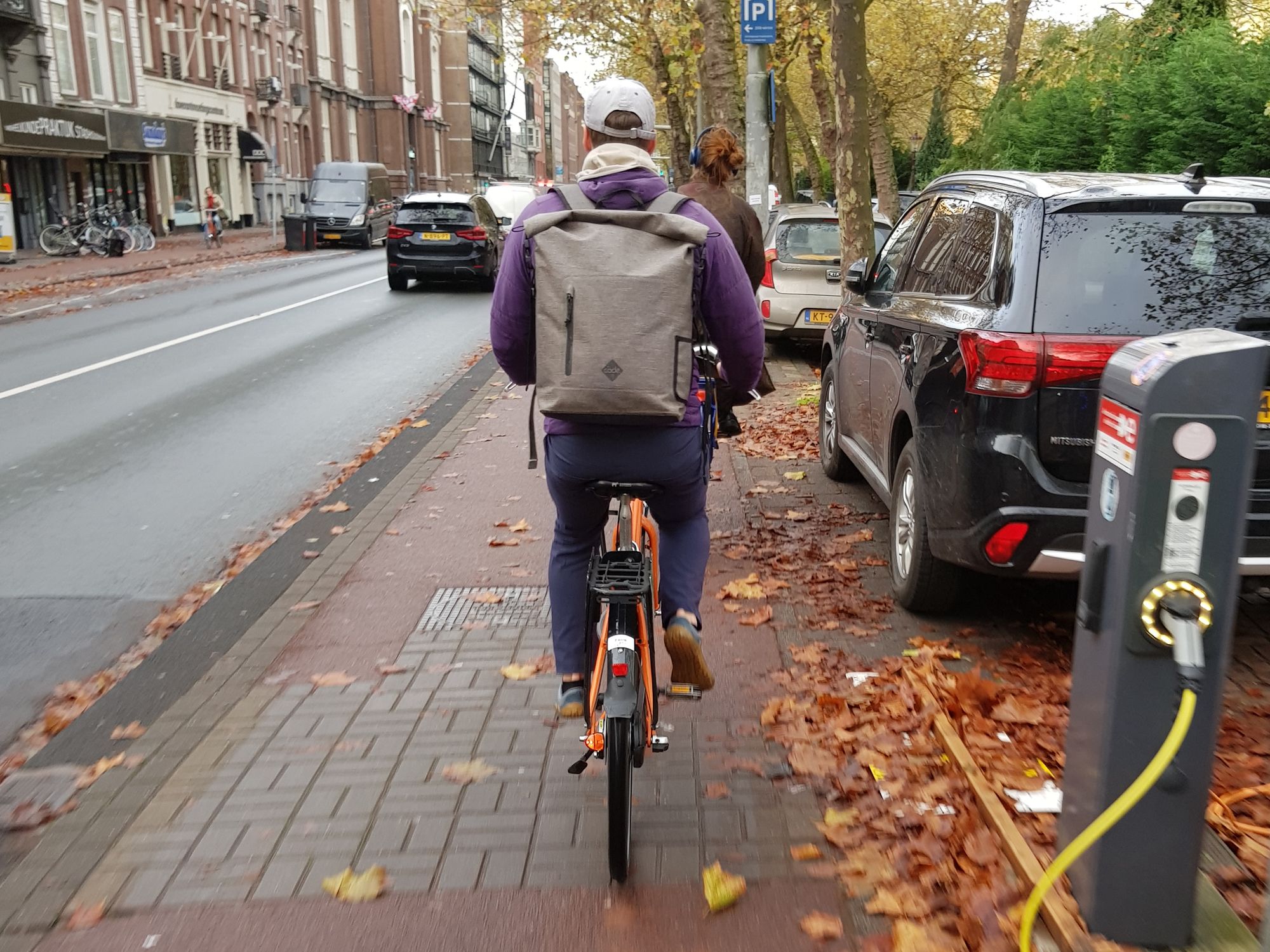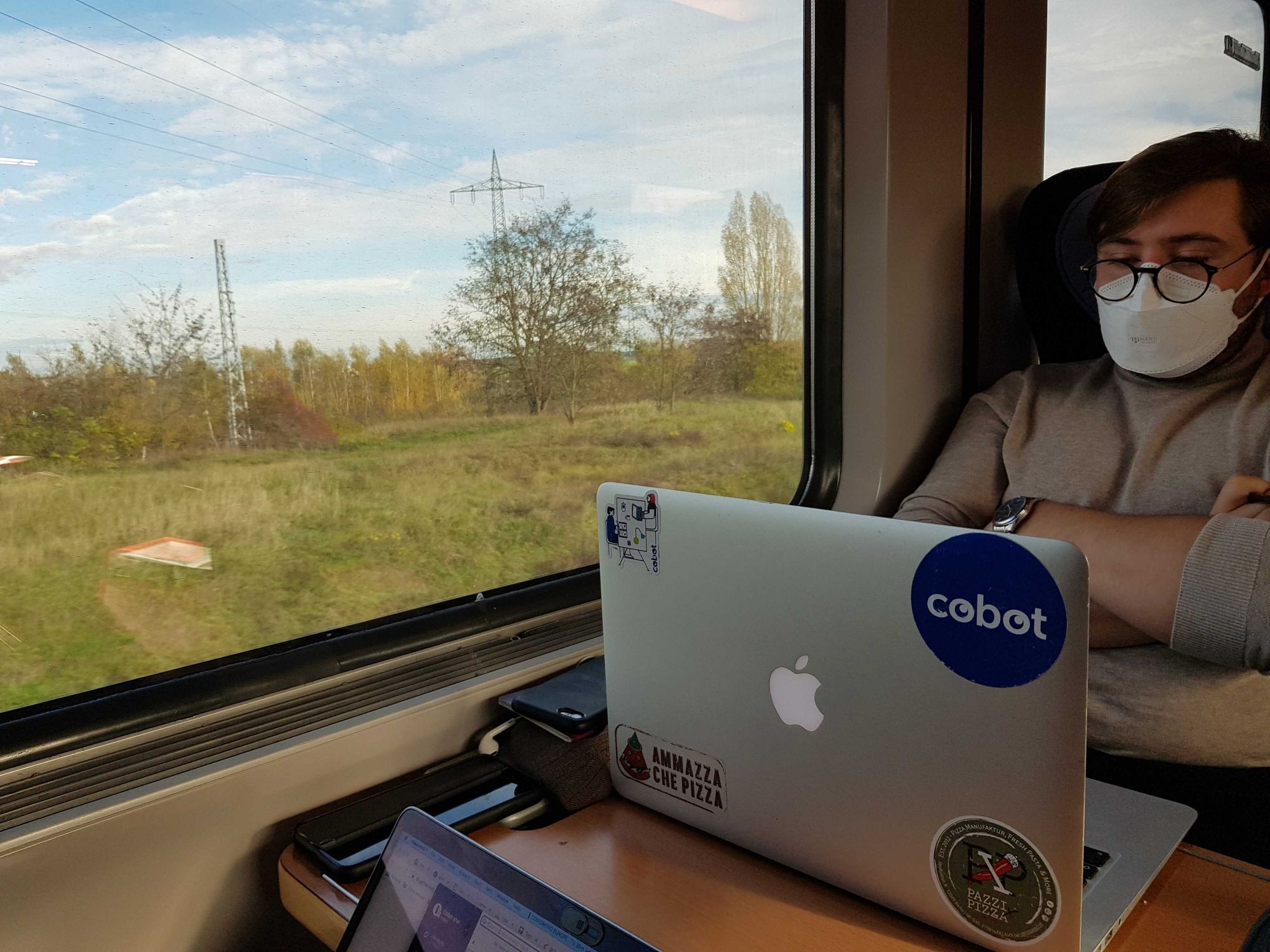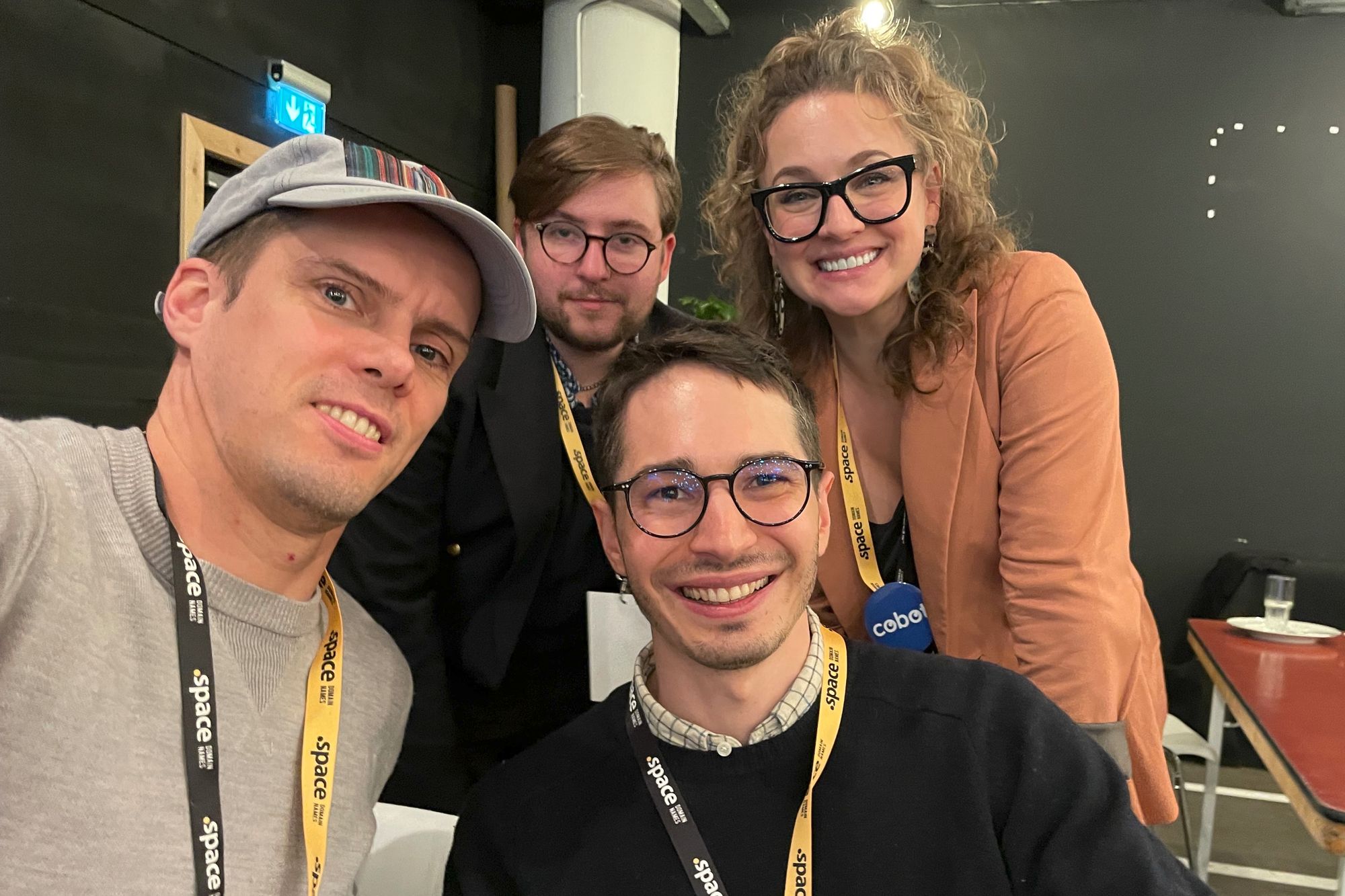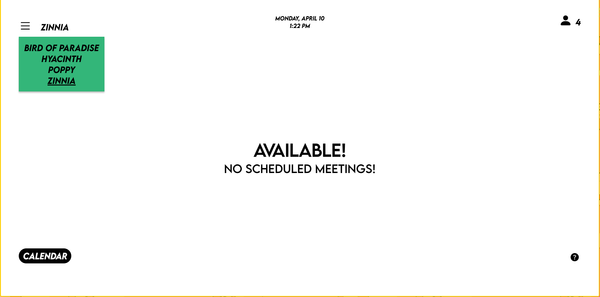After two years away, we packed our bags and hopped on a train to Amsterdam to take part in the return of the Coworking Europe Conference (CWE)! It’s the place to be in Europe if you want to meet global experts in workspaces; combining talks, an unconference, and evening programming.
The venue and organizers
At B. Amsterdam, the modern (and beautiful) building seamlessly blends coworking, offices, and event spaces. In our brief time there, it was clear to see just how fast coworking is growing in the city (read on for an idea of just how quickly that is).
Many thanks to Jean-Yves Huwart and Robert Faulhaber, among others, whose work organizing CWE meant that the event went smoothly and facilitated many fascinating talks and discussions.

The talks and takeaways
The traditional office industry rests on unsteady footing, and the news of tech layoffs continues to churn in the background. But despite a constant stream of mixed news from the wider industry, in coworking, you could see the realization of years of promise.
As we learned from James Rankin (The Instant Group) in The Flex Workspace Industry Cautious Opportunities, there’s already a 91% increase in demand in Amsterdam over 2019 (meaning pre-pandemic demand).
If we see the expected 10% shift from traditional offices to coworking we’d need over 100% capacity increase in coworking spaces.
The growth is threatening to overwhelm us, so we need to make sure that we have enough square meters and that the quality of our offerings doesn’t sour new coworkers on the movement.
In Coworking Expansion: Is Becoming a Regional Champion the Best Winning Strategy?, we heard from Indrek Hääl, (Workland), Christine Andrews, (Deco Group), and Teresa García de Zuñiga Hernández (CloudWorks). The answer to the question posed by the panel discussion is yes, but only if it doesn’t come at the expense of your space’s integrity. Their consensus? Get your first space absolutely right, scale quickly once you have a team you trust, and stop growing when you risk no longer being able to guarantee a consistent experience.
In Satellite Office, Coworking in the Countryside and How to Develop Offering Closer to People’s Homes at the Time of Hybrid Working, we had the pleasure of listening to a panel discussion consisting of Gregory Von Abendroth (1000 Satellites Coworking), Nina Verijt (B.Building), Hans Abbeloos (Bar d’office), Pauline Roussel (Coworkies), and Stephen Carolan (National Hubs Network). The event showed the benefits of rural coworking, not just to the workers, but also to the local areas. Most interestingly, a program by the Irish government has allocated funds to develop rural hubs for coworking, allowing many commuters to stay near their homes.
In Meeting Rooms & More: New Product Demand in 2023 & Beyond, Mike La Rosa (Upflex), and Ronald van den Hoff (Seats2Meet) focused on the real data that they were pulling from their app usage. This is an unprecedented peek behind the curtain of how workers are searching for workspaces—amazing data to see! Some key details: Free parking is as important as phone booths, the fastest growing user of flex workspaces are users coming from enterprise organizations, and there is increased demand for larger meeting rooms as demand for smaller (<4 people) has shrunk.
In an unconference session proposed and led by Claudius Krucker, we discussed the possibility of initiating a brand-new European Coworking Day, in the style of International Coworking Day (held annually August 9th). The conversation sprung from the fact that while August 9th has a historical reason for existing (it was when the modern idea of coworking was first written down), it is not ideal for many European countries that have summer holidays, which means that the day doesn’t function as a good introduction to coworking for most of the continent.
After a brief but spirited discussion, the participants agreed to test out May 10th, 2023 as a new European Coworking Day—stay tuned for more details!
We’ve spoken about the war in Ukraine on our blog before but it always bears repeating: There are currently coworking spaces operating in Ukraine that are active in frontline humanitarian work. Helga Moreno shared a few stories (including her own) of the many ways that coworking spaces have become havens since the war began. You can donate directly to these spaces via the Ukrainian Coworking Association.

Next time
None of the above can accurately capture the feeling of connectedness that comes from sitting in a big room full of people who are putting in the work, day in and day out, to bring better workspaces to the world. Wherever the next edition ends up taking place, we look forward to seeing you there.



